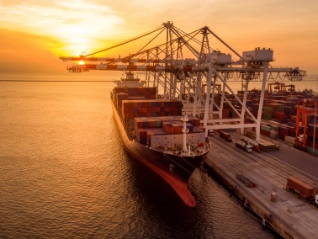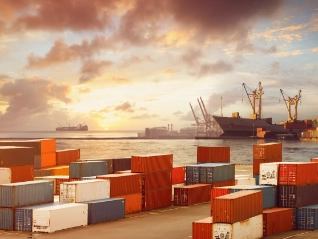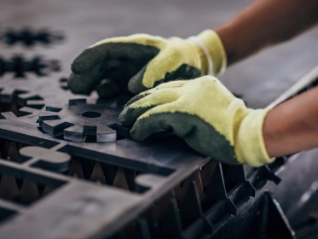
Interim Economic Outlook - March 2025

What the Fed's "Jumbo" rate cut means for the global economy

Economic Outlook for Second Half of 2024: U.S. Inflation, Debt, Consumer Spending, Geopolitical Tension in 2024


Tariffs and related uncertainty causing a large negative impact


In some markets the indirect impact of tariffs could dampen higher food spending

Growing resilience tested by US policy shifts

A temporary de-escalation in the US-China tariff dispute will support global electronics growth

The shock of US trade policy is unprecedented and is weighing on the global economic outlook.

Tariffs and related economic uncertainty weigh on commercial construction investment

Amid a fragmented B2B customer payment risk landscape, Asia’s corporate sector is concerned about cash flow and profitability, our survey reveals
Viewing 7 out of 189
The President promised the return of millions of factory jobs, but rising investment pledges masks a mixed picture for US manufacturing


Closer ties could boost trade and create a functioning alternative to the misfiring WTO. But without the involvement of China and the US, can an EU-CPTPP partnership really have much impact?

While the deal brings a sigh of relief, unresolved details and ambitious targets leave businesses facing continued uncertainty and potential future trade tensions

Businesses face increasing supply chain risk as geopolitical tensions, tariffs and economic incentives create a new geography of trade, but forward-thinking organisations can benefit too

Amid economic and geopolitical volatility, ICISA highlights 2024 as a year that underscores the importance and resilience of trade credit and surety insurances.

With effect from 1st September, Atradius has announced changes in the distribution of responsibilities and the composition of the Management Board.

Atradius' affiliated company in South Africa, CGIC, highlights the critical role of credit insurance in today's volatile economy, ensuring business stability and fostering growth through effective risk management
Viewing 7 out of 220
Many businesses underestimate the true impact of buyer credit risk assessment. This oversight can quietly erode profitability


Resilience planning can be the difference between business growth and catastrophic failure

The bill of exchange has shaped global trade for centuries. While it works well to enable securing transactions, it also carries the risk of non-payment

When people think of trade credit insurance, they often associate it with added security. However, it’s also a powerful tool for driving business growth and improving access to finance

In today’s trade climate, tariffs pose major challenges. This article explores how Incoterms help businesses clarify cost responsibilities, streamline logistics and reduce risks in international transactions.

A high Days Sales Outstanding (DSO) can strain cash flow, heighten risk, and hinder growth. Proactively managing DSO through credit policies, prompt invoicing, and effective collections is vital for financial resilience

Viewing 7 out of 21
Incorporating a risk management strategy for business opportunities with Linnea’s


Ben Green, President and Owner at Metalco Incorporated in Chicago, Illinois, explains how Atradius Trade Credit Insurance has helped him secure new business confidently.

Providing comprehensive support and ongoing credit monitoring for Legrand AV

With the backing of Atradius’s resources, EnCom Polymers has been able to expand business with existing customers and go after new business they previously would have shied away from.


How we helped Follett Corporation mitigate credit risks associated with establishing new customers in new markets.
Case study
Metalco Inc.: Driving new business with quick communication
Ben Green, President and Owner at Metalco Incorporated in Chicago, Illinois, explains how Atradius Trade Credit Insurance has helped him secure new business confidently.
Read more
































